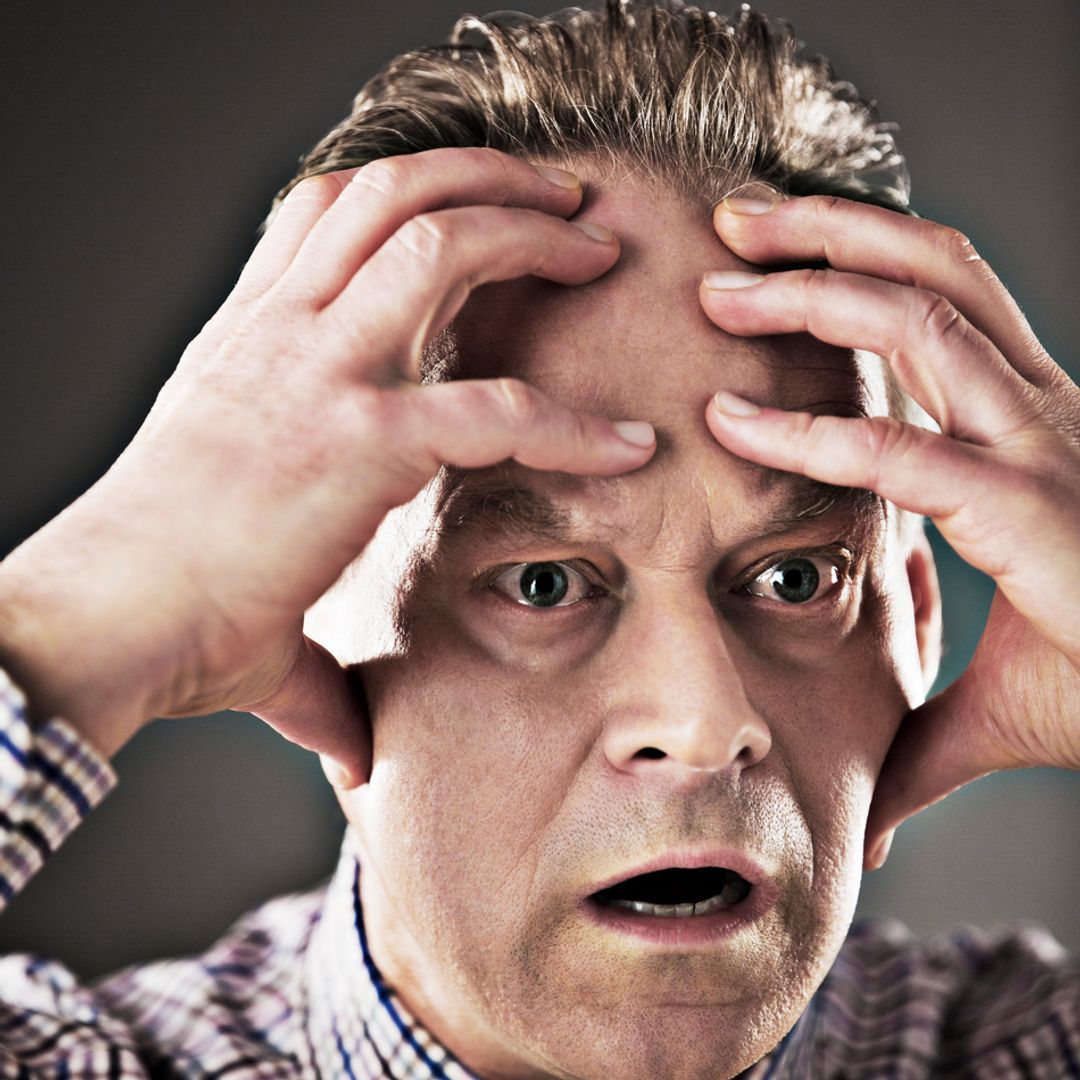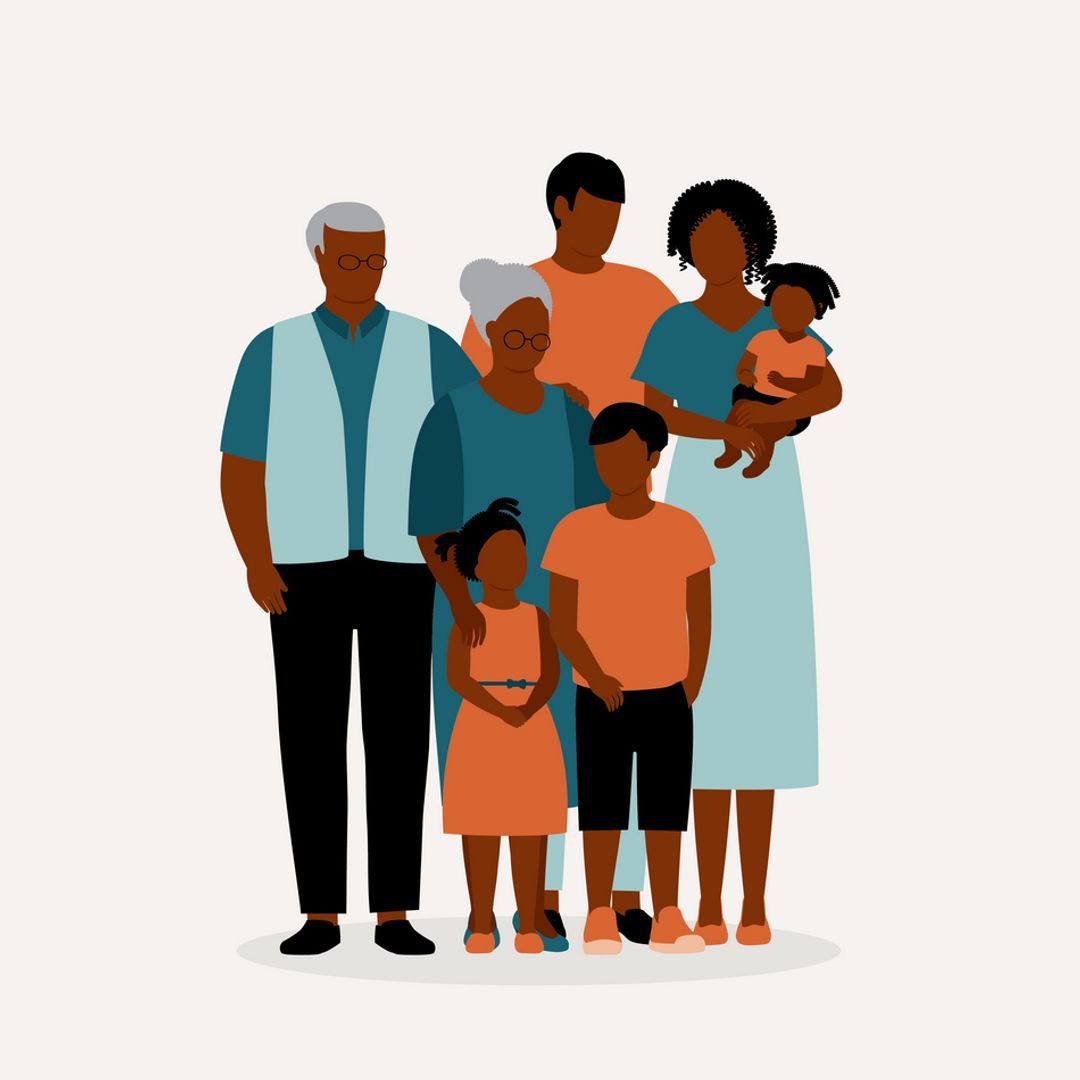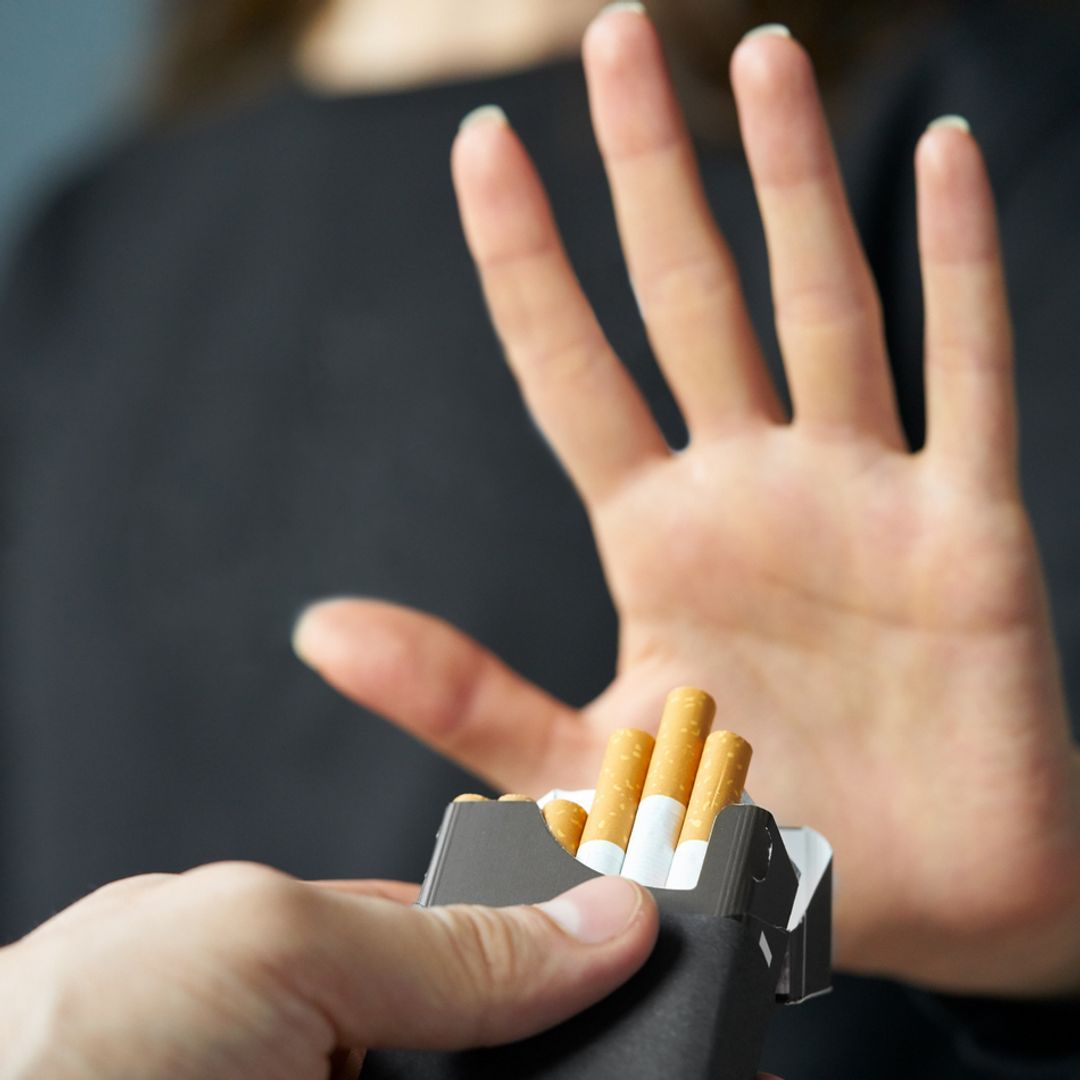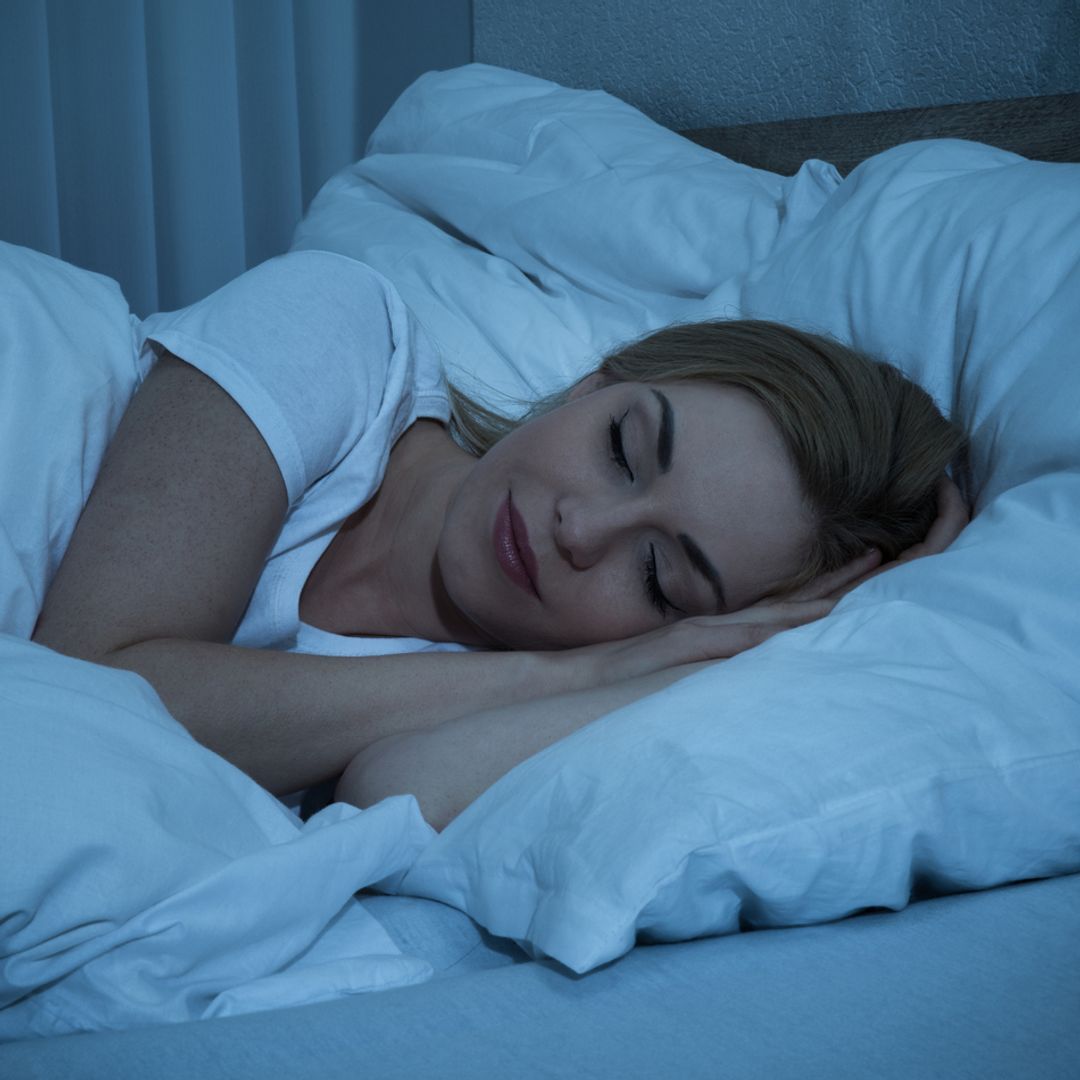Eat This, Not That: 30 Fantastic Anti-Ageing Foods
With the wide variety of products now available at local supermarkets, it can be easy to get lost down the aisle and start filling up your trolly with less-than-ideal foods.
Summary:
Grey hair is an inevitable and natural part of the ageing process, and while an increasing number of people are choosing to embrace their silvering locks, others would prefer to go back to a head full of the youthful hue they once had.
Contrary to widespread belief, mounting scientific evidence indicates that, thankfully, greying hair can be reversed, and a lot of this process has to do with our environment, diet and lifestyle. This article gets to the root of what causes grey hair and how to reverse grey hair naturally. Keep reading to learn more.
The pigment cells in your hair (melanocytes) contain a substance called melanin, which is responsible for giving your hair its natural colour; the more melanin you have, the darker your hair colour. Melanin is produced by melanocytes, which are found in the deepest layer of the skin. As you age, these cells begin to degrade and, as a result, the amount of melanin in your body also depletes, causing hair to lose its colour and turn grey.
While this process is inevitable, several factors can prematurely inhibit melanin production and subsequently accelerate the age at which you begin to grow grey hair. These include:
There’s no doubt about it; stressful life events directly correlate to premature grey hair. Notably, a 2021 study conducted by researchers at Colombia University found a direct link between prolonged periods of psychological and emotional stress and hair greying [1].

Stressful situations cause an inflammatory response, whereby exposure to the stress hormone adrenaline degrades the integrity of stem cells in hair follicles.
Adrenaline triggers the stem cells to move from their habitual place to the upper layers of the skin, resultantly causing them to die off. Not only does this cause rapid and excessive hair loss, but it also causes new hair to grow through grey.
Interestingly, the same 2021 study also found that eliminating stress can naturally reverse the premature greying process. More on that later.

While changes to your diet and lifestyle can delay the greying process, much of this success is ultimately down to genetics. In 2016, researchers at University College London identified the IRF4 gene, responsible for producing and storing melanin, as one of the factors that determine the age at which a person starts to grow grey hair. Factors such as ethnicity and geographical location also play a role [2]. Usually, discerning when your parents and other close family members’ hair typically began to turn grey can be a good indication of when you might be expected to go through this change.
A poor diet can cause deficiencies in specific vitamins and minerals necessary for melanin production. More specifically, a diet that lacks essential B vitamins, antioxidants, iron, zinc, copper, protein and vitamin D, among other nutrients, can significantly contribute to premature grey hairs. Correcting your diet by eating the right foods is crucial in delaying and reversing grey hairs. The types of foods you should be eating are discussed later in this article.
If you’ve noticed your hair has begun to grey prematurely, you may want to consider your medical history as a possible cause. Several health conditions can accelerate grey hair growth, including vitiligo, thyroid disease, diabetes, anaemia and autoimmune disorders, such as tuberous sclerosis, neurofibromatosis and alopecia areata.
If you suspect your premature hair greying results from a health condition, speak with your doctor or healthcare provider to get a diagnosis and discuss possible treatment options.
As we age, melanocytes responsible for giving hair its colour become increasingly exposed to free radicals. Free radicals are reactive oxygen molecules that damage the cells in the body; a process known as oxidative stress.
The older you get, the more free radicals there will be accumulating in hair follicles, thereby destroying melanocyte stem cells. Normally, an antioxidant enzyme called catalase counteracts this process by stabilising free radicals. This process, however, becomes less effective with time as catalase activity becomes compromised, which eventually contributes to hair going grey.

Polluted air contains free radicals, which not only weaken hair follicles but also damage melanin pigment. This is more relevant in areas where air pollution levels are alarmingly high.
Damaging UV rays from excessive sun exposure may also compromise the integrity of your hair by attacking the melanocytes.
While oxidative stress is inevitable to some degree, limiting your exposure to environmental pollutants and UV rays can lower the rate at which free radicals are produced within the body and subsequently delay the hair greying process.
Like air pollution, cigarette smoke also contains a significantly high number of free radicals. Cigarette smoke contains chemicals that irritate the scalp, depletes the body’s mineral reserves and causes inflammation. Although regular smokers are at the highest risk of premature greying, passive smokers are not spared either.
According to a 2013 study by Zayed et al., smoking is one of the leading causes of hair going grey before the age of 30, with results showing that smokers are two and a half times more prone to developing premature grey hairs than their non-smoking counterparts [3].

Certain drugs, such as antimalarials and chemotherapeutic medication, can lead to premature hair greying. Such medications react with melanocytes causing a decrease in the production of melanin.
Chemotherapy, for instance, may also induce premature hair greying due to the excessive stress hair follicles are subjected to during treatment.
Grey hairs typically show up when one reaches their 30s, though they may occur earlier or later, depending on the factors described so far as well as another factor, which is ethnicity.
On average, caucasian people start going grey in their mid-30s, Asians in their late 30s, whilst Afro-Caribbeans in their early 40s.
By the time one reaches 50 years of age, they are likely to have a significant amount of grey hair covering large areas of their head.
Research indicates that grey hair can be reversed, with the early stage of sprouting grey hair being the point when the process is most reversible.
The previously-mentioned study from Colombia University is the most compelling evidence to prove that grey hair can revert to its original colour, concluding that a person’s psychological well-being is directly linked to the reversal process.
Prior research, including one 2020 study by Zhang et al., confirmed that stressful life periods trigger grey hair growth [4], but the study also established that minimising stress levels could reverse this process. For example, one participant regained colour on various grey strands of hair after a two-week vacation.
While the results of the study are promising, it is also important to note that there is currently a cut-off point for this reversal process. Participants over 40 whose hair had become significantly grey failed to replicate the same success in recolouring their hair. However, there is scope for future research to explore the greying process within this sub-group in greater detail.
Eating a diet rich in minerals and whole foods not only prevents oxidative stress but also provides the body with the necessary nutrients to keep hair cells strong and healthy. Certain vitamins and minerals, in particular, are essential for optimal hair health. These include:
A 2018 study published in the International Journal of Trichology found that low levels of iron, copper and calcium correlated with premature hair greying, indicating that the condition may result from nutrient deficiencies [5].
These trace minerals play a crucial role in melanin production, which makes a great case to include more of the following foods rich in these minerals:
If you follow a vegan or vegetarian diet, be sure to consume foods high in vitamin C to help your body absorb iron.
Proteins are building blocks for hair production, thus inadequate quantities may cause changes to hair pigmentation and make hair weak and brittle.
The most abundant forms of protein in your hair are keratin and biotin, and while they cannot be obtained directly through food, eating a protein-rich diet makes the amino acid building blocks available so that keratin and biotin can be synthesised.
Foods high in protein include:
Vitamins B5, B6, B9 and B12 are needed for a whole host of bodily functions, including metabolism and immunity, both of which are linked to hair health.
In fact, a 2017 study by Daultabad et al. found a direct link between low levels of B vitamins and premature hair greying [6].
Eating a varied diet rich in plant-based and animal products can ensure that you’re meeting your daily needs of essential B vitamins, including beans, leafy greens, colourful fruits, eggs, meat and dairy.
Vitamins A, C and D are essential in reducing the risk of premature hair greying, owing to their role in reducing oxidative stress in hair cells and boosting melanin production.
However, it’s essential not to overconsume vitamins A and D as high levels have been linked to hair loss, among other problems.
Foods high in vitamins A, C and D include colourful citrus and non-citrus fruits and vegetables, fish and fish oil, and dairy products. The body can also produce vitamin D through moderate sun exposure.
Zinc is a multi-purpose mineral that protects your hair from free radical damage and helps the body synthesise protein. Yet, zinc deficiency is fairly common among the general population despite its importance.
Include plenty of beans, whole grains, red meat or oysters in your diet to obtain your daily dose of zinc.
One 2016 study by Chakrabarty et al. identified a link between lower levels of HDL cholesterol and premature grey hair [7]. HDL cholesterol is beneficial to the body and one way to increase levels is by upping your intake of omega-3 fatty acids, which can also reduce inflammation of hair follicles.
Good sources of omega 3 include:
Vegetarians and vegans have a higher risk of vitamin B12 deficiency, as well as zinc and iron, among other nutrients. It is, therefore, important to take good-quality supplements to replace any vitamins and minerals that cannot be obtained through diet alone.
Speak with your doctor about appropriate supplementation or getting a blood test if you suspect that you may be deficient in any minerals or vitamins.
On the other hand, eating a diet too high in meat and animal products can activate ageing pathways and increase oxidative stress, thereby accelerating the greying process. The key is to maintain a balanced diet that consists mainly of plant-based foods and moderate amounts of meat and dairy products.
This article has highlighted the connection between stress and grey hairs. If stress-induced inflammation causes hair to lose its pigmentation, then effectively managing your stress levels on a daily basis is essential to preventing and reversing (premature) grey hair.
There are numerous techniques that can help reduce and prevent chronic stress, including:

The above is not an exhaustive list; there are many ways to effectively relieve stress, and some techniques may work better for you than others. The key is to find a method that works for you.
As previously mentioned, smoking not only contributes to premature greying but also causes a whole host of health problems and can even lead to early death.
Toxic chemicals from cigarette smoke increase oxidative stress, subsequently damaging hair follicles. Smoking also increases inflammation, weakens the immune system and depletes essential mineral reserves in the body, all of which contribute to the greying process.
Research from McMasters University suggests that endurance exercise may help fight and reverse the signs of ageing, including grey hair, by maintaining the integrity of cells within the body [8]. Exercise improves blood circulation, which can boost melanin production and ultimately alter the course of ageing.
Engage in activities that increase your breathing and heart rate for at least 30 minutes on a daily basis, such as:

Lack of sleep causes hormonal imbalances in the body that disrupt melanin production and increase the likelihood of you sprouting grey hairs prematurely.
During sleep, your body produces melatonin, a hormone with many functions that is also an effective antioxidant that helps protect hair stem cells.
Poor sleep pushes cortisol levels up, accelerating the ageing process. So if you want to know how to stop grey hair at an early age, then a healthy sleep routine should be at the top of your list of priorities.
Due to the fragility of the cells in your hair follicles, it is crucial to protect them from damage, whether that comes from harmful UV rays, chemicals in beauty and hair products, or excessive heat exposure from styling tools.
Excessive sunlight exposure causes oxidative stress, so using products that contain effective UV protection can be helpful.
Most haircare and dyeing products contain a whole host of toxic ingredients that can deteriorate the quality of your hair, leading to premature greying. Opt for products that contain not only a few ingredients but also natural ones that nourish rather than starve your hair.
Minimising the use of styling tools, such as hair dryers, straighteners and curling irons, is essential to keeping your hair healthy and strong. According to research by phys.org, consistent exposure to high heat temperatures damages 85% of the hair’s keratin proteins [9]. If you use such tools, try using heat protectant products beforehand to minimise damage.
Although the age at which you start to grow grey hair is largely influenced by genetics, it is also true that your lifestyle plays a significant role in how your genes are expressed. In other words, the rate at which your body ages can be faster than your chronological age; a process that is directly influenced by your lifestyle.
The GlycanAge age test uses a scientifically-proven method that analyses various biomarkers to determine your biological age, giving you the knowledge and confidence to make the necessary changes to your lifestyle and reverse your biological age.
GlycanAge at-home test kits are available at various prices and plans, depending on your goals. A single test is best if you want to discover your biological age, while two-test packages are recommended for those who want to make changes to their lifestyle and track their progress. A custom plan is also available for those who want to make long-term improvements to their health.
Slow down the effects of ageing and take back control of your health by ordering your GlycanAge test kit today.

Vitamins B6 and B12 are proven to boost melanin production. Vitamin B6 produces enzymes and chemical reactions that accelerate keratin and melanin production in hair follicles, while vitamin B12 increases the production of red blood cells enabling adequate blood flow to nourish and repair hair cells. Other key nutrients needed to boost melanin production are vitamins A and C; they work as antioxidants to neutralise the activity of free radicals that damage healthy hair cells.
Eating foods high in vitamins A, B6, B12 and C can effectively help increase hair melanin. The best melanin-rich sources include:
Studies indicate that reversing grey hairs can take as little as three days; however, the amount of time can fluctuate depending on one's age and other factors such as stress, diet, lifestyle and exposure to environmental toxins and pollutants.
Plucking out a grey hair will cause another grey hair to grow in its place as only one hair grows per follicle. Doing this will not cause surrounding hairs to sprout grey. With that said, you should be cautious about pulling out hair strands from their roots as this can prevent blood supply to the hair follicle, in which case it may not grow back at all or may become ingrown, which runs the risk of infection and scarring.

Start or continue your GlycanAge journey
Don’t be afraid to reach out to us and ask questions, provide commentary or suggest topics.
Other articles you may like:
With the wide variety of products now available at local supermarkets, it can be easy to get lost down the aisle and start filling up your trolly with less-than-ideal foods.
Although ageing is a natural process, you don't have to lie down and merely accept the signs of getting older as your body chronologically ages. You can do many things to slow the ageing process and keep yourself looking younger for longer.